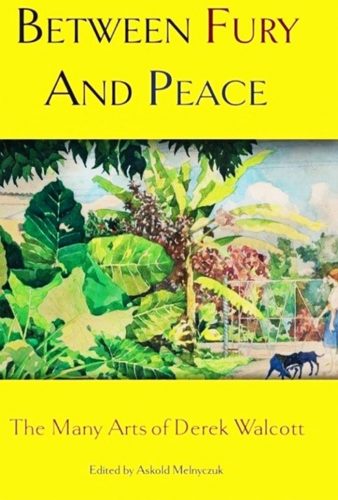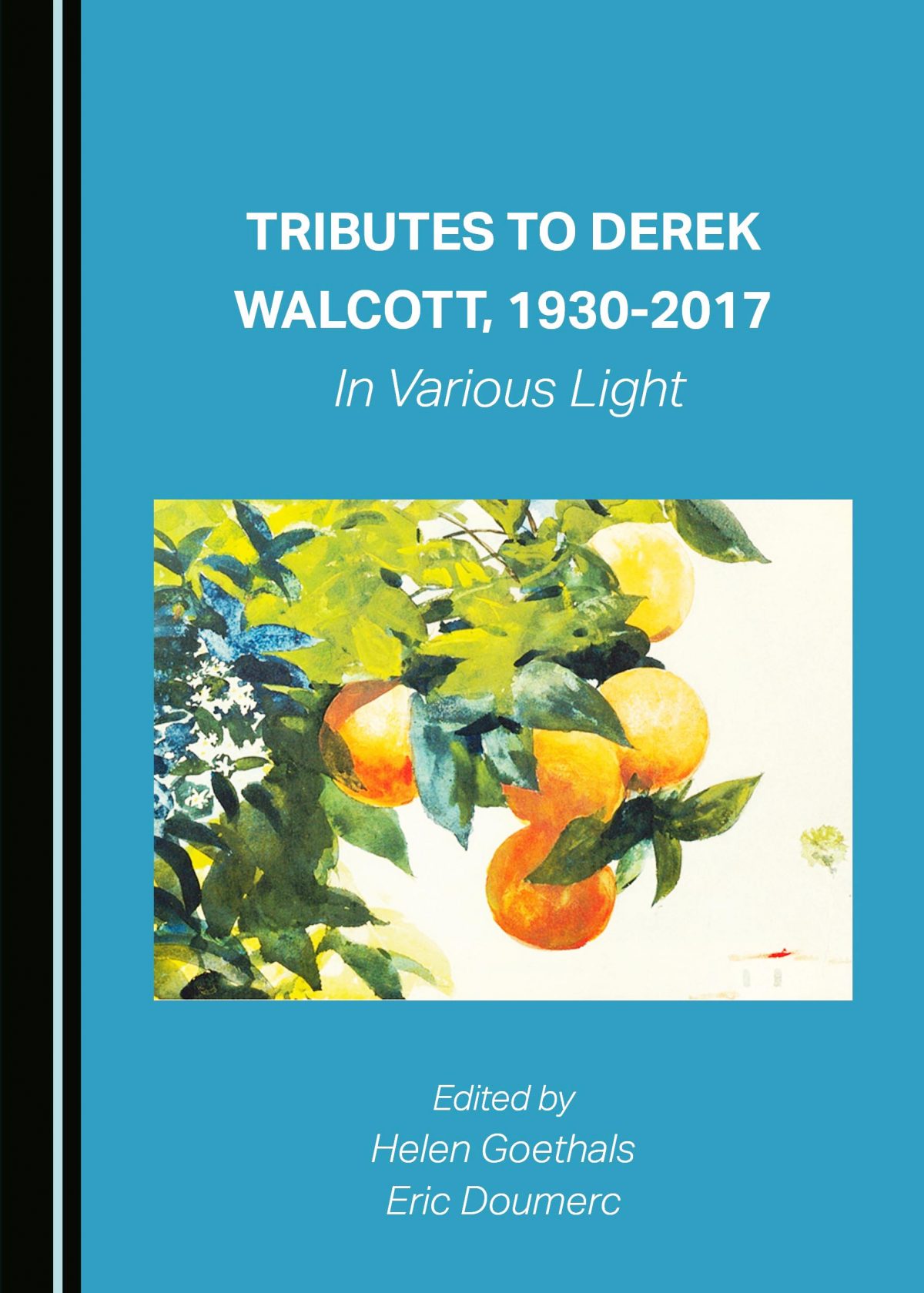Two books of essays on the work of Nobel laureate Derek Walcott were published in 2022. These are among the first of reflective reviews of the man and his work since his death in Saint Lucia in 2017. Here are brief notes on the books.
Tributes to Derek Walcott, 1930-2017 : In Various Light (Cambridge Scholars Publishing, 2022) by Helen Goethals and Eric Doumerc is a collection of scholarly essays, memoirs and creative work which looks at various aspects of the enduring influence of the late Derek Walcott. Variety is the key feature this approach, since the collection includes essays and poems by well-known Caribbean poets like Fred d’Aguiar, John Robert Lee, Kwame Dawes, and Lorna Goodison, academic articles by researchers like Norval Edwards from Jamaica and Florence Labaune-Demeule from France, as well as creative contributions from John Thieme, Jackie Hinkson and Mervyn Taylor. The book is arranged in four sections.

Between fury and peace: the many arts of Derek Walcott.
Edited by Askold Melnyczuk. Arrowsmith Press, 2022. 253 pgs.
The title of this book of essays comes from Walcott’s poem “The Season of Phantasmal Peace”. The editor Askold Melnyczuk had attended Walcott’s classes at Boston University and was witness to the many friendships that mattered to Walcott. In his introduction he says that the poet and playwright used his verse “as a vehicle of thought,” poetry that “probed neo-colonial narratives, deriding empire’s assumptions and scorning its self-regard and privileges.”
Twenty-five writers are collected here, all who knew Walcott well in various capacities – poets, novelists, editors, essayists, playwrights, translators. Among them are Pulitzer Prize winners, Guggenheim Fellowship awardees. The essays vary in type and include letters between writers, reminiscences, analyses of plays and poetry. Walcott’s generosity as well as his mercurial personality are spoken of frankly. Many speak of his approach to poetry teaching and directing theatre. He had “an old-world style of teaching”, demanding that students memorise and recite in class older and newer poems he considered to be classic. The man and the poet are under the microscope. All recognize the “intellectual and creative independence of the poet.” His breaking of English language with his Caribbean linguistic rhythms and images, the lifelong concerns with history, his frank confessional poems, the amazing metaphors, all find thoughtful comment. Inevitably, many essays echo each other, but this helps to give many-sided shape to the complexity of the poet, playwright and essayist.
Among contributors are Peter Balakian, Sven Birkerts, Thomas Sayers Ellis, Robert Bensen, Carolyn Forché, Jonathan Galassi, John Robert Lee, Caryl Phillips, Tom Sleigh, Kate Snodgrass and Rosanna Warren.






